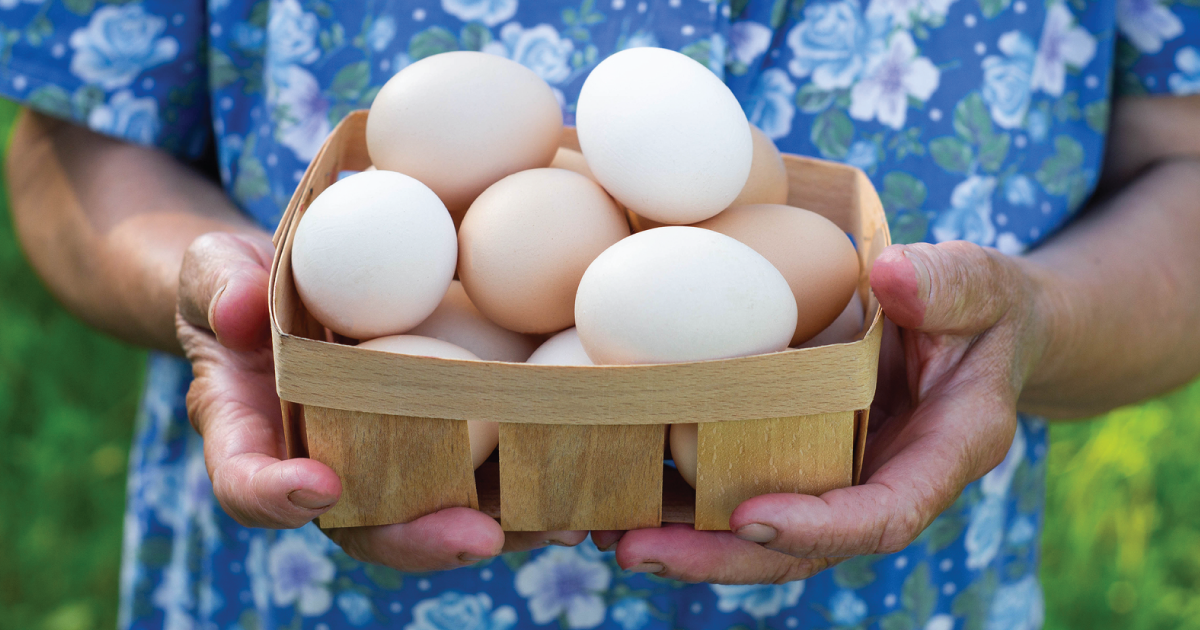
Is the Future of Eggs in Family Farms?
In the town of Monroe, as in all of northeastern New Hampshire, February is a month when agriculture seems an improbable prospect. On one typical late-winter morning, trees and houses lay encased in thick shells of ice after a pre-dawn storm.
August 15, 2019 | Source: Civil Eats | by Lela Nargi
Pete and Gerry’s organic egg company has survived for decades against very long odds by valuing small and mid-scale producers. Could it be a model for how to thrive in an otherwise cutthroat industry?
In the town of Monroe, as in all of northeastern New Hampshire, February is a month when agriculture seems an improbable prospect. On one typical late-winter morning, trees and houses lay encased in thick shells of ice after a pre-dawn storm. The world was still save for the occasional skidding-out car etching dark tire marks in a dusting of snow. What food could emerge from this frozen landscape?
And yet, up some hills there sat some barns, and in those barns there were some hens, pecking around on hay bales as they awaited spring and the freedom of grassy outdoor pastures. And from those hens there came some eggs—867,000 of them, all washed, weighed, sorted, and packaged by 1 p.m. on this frigidly inhospitable day.
